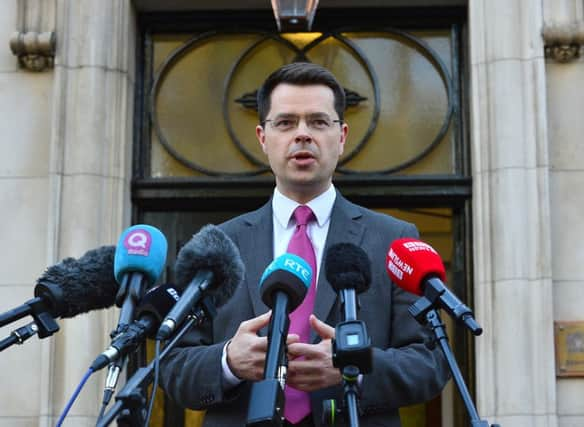Government defends '˜Derry' tribute to McGuinness


The statement on Tuesday was from Secretary of State James Brokenshire, the UK Tory government’s representative in Northern Ireland.
It was one of a number of official tributes to Mr McGuinness which made little or no direct reference to his violent past.
Advertisement
Hide AdAdvertisement
Hide AdIn it, Mr Brokenshire described him as “thoughtful and reflective”, adding the “importance of family and his home in Derry shone through”.
The name of the city council was changed from Londonderry to Derry in 1984, and today official agencies like the police often use both names to refer to it.
However, the official name of the city – and the one used almost exclusively by unionists – remains Londonderry.
The High Court in 2007 ruled that the name could only alter by a new law or Royal prerogative.
Advertisement
Hide AdAdvertisement
Hide AdAsked why it had used Derry and not the city’s official name in the statement, a spokesperson for the NIO said that it was in an effort to be “magnanimous and generous by using the description Mr McGuinness would”.
In addition to Mr Brokenshire’s statement praising Mr McGuinness on Tuesday, Prime Minister Theresa May had also issued one.
Whilst it had said that she and Mr McGuinness did not see “eye to eye” and that she could “never condone” his past, it made no explicit mention to the IRA, and most of the 155-word statement was positive about the Sinn Fein man.
Meanwhile, Irish President Michael D Higgins had issued a 261-word statement about Mr McGuinness which contained no negative references whatsoever to his life and deeds.